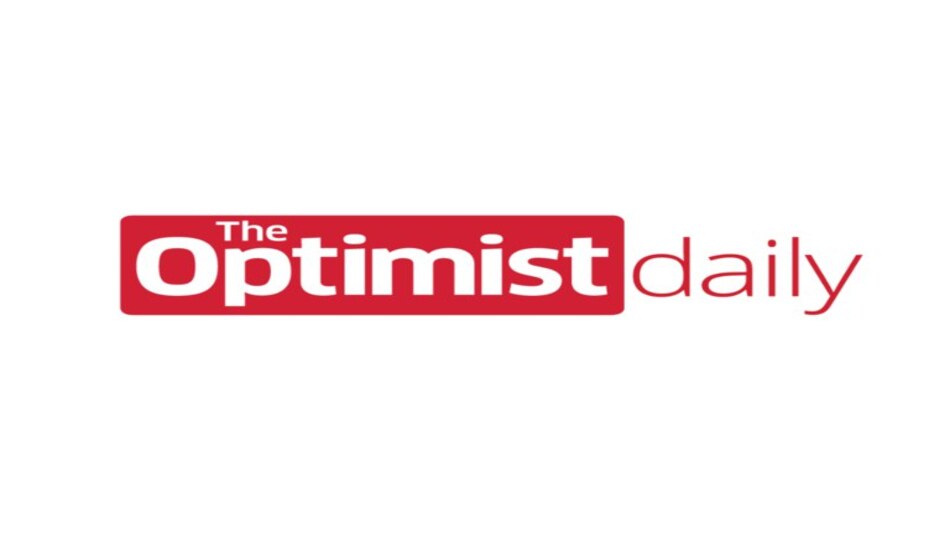When someone rents an apartment in a new complex in Columbus, Ohio, they can now also get a financial stake in the building. The property is the first to partner with Rhove, a startup that wants to help shrink the wealth gap between renters and homeowners by offering “rentership,” an asset that grows with the value of the property.
“What we’re creating is a situation where renters are given many of the financial benefits of ownership while maintaining the flexibility of renting,” said Rhove cofounder Calvin Cooper.
Cooper, previously a partner at a venture capital firm, hadn’t planned to start a company. But when he calculated how much he’d spent on rent over the last decade while he considered buying a home—and thought about how the system of renting contributed to wealth inequality in the U.S.—he realized that something needed to change. “The average young person is going to spend over $200,000 in lifetime rent,” he says.
Renters also can’t easily build wealth over time. The gap in assets between renters and homeowners continues to grow: A 2019 report found that Americans over 65 who own homes have a median net wealth 47 times larger than renters of the same age. Renters are less likely to have wealth to pass down to their children. As the cost of buying a house gets further out of reach in many markets, many people don’t have the option of buying a home. When someone moves into a property using Rhove’s new platform, they’re granted a $50 stake in that property that they can claim through Rhove’s app, and each year they live in the apartment, they’ll be given an additional $50 grant. They can also buy additional fractional stakes, starting at $5, on a one-time or monthly basis.
Through an agreement with the property owner, who Rhove pays a lump sum of cash in the beginning to become an investor, stakeholders earn a 5% return on their investment paid out of the rent that the property owner collects from the building; the value of the shares increases as the building appreciates. If the property is later sold, they’ll earn a cut of the proceeds.
The platform is the second offering from the company, which launched a separate savings program for renters last year. This “rentership” is a way for renters to build financial security, Cooper says. If something similar had been in place during the last recession, he argues, people who are struggling now would be in a different position.
Reimagining renters as stakeholders could also build stronger communities. “Ownership is not just about finance,” says Cooper. “Ownership is about citizenship and is about social responsibility. It binds us more closely to our neighbors. And it’s something that the founding fathers of our country understood as critical to our democracy.”











